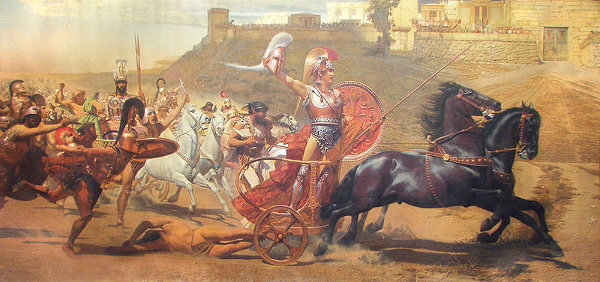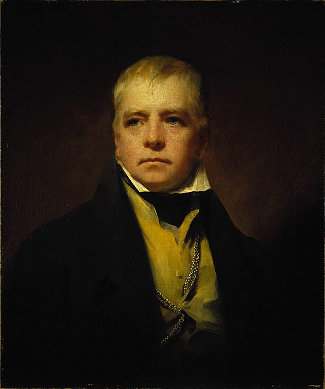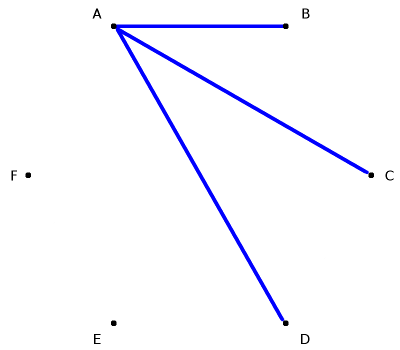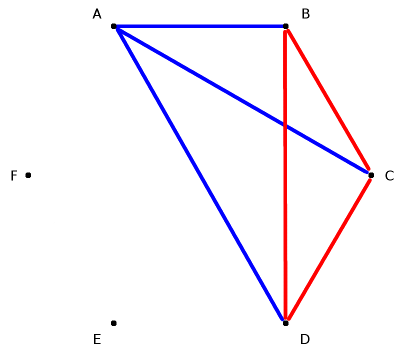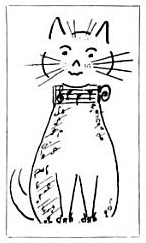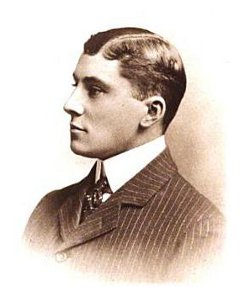Let us consider this pair of cases:
In the first, Smith stands to gain a large inheritance if anything should happen to his six-year-old cousin. One evening while the child is taking his bath, Smith sneaks into the bathroom and drowns the child, and then arranges things so that it will look like an accident.
In the second, Jones also stands to gain if anything should happen to his six-year-old cousin. Like Smith, Jones sneaks in planning to drown the child in his bath. However, just as he enters the bathroom Jones sees the child slip and hit his head, and fall face down in the water. Jones is delighted; he stands by, ready to push the child’s head back under if it is necessary, but it is not necessary. With only a little thrashing about, the child drowns all by himself, ‘accidentally,’ as Jones watches and does nothing.
Now Smith killed the child, whereas Jones ‘merely’ let the child die. That is the only difference between them. Did either man behave better, from a moral point of view?
— James Rachels, “Active and Passive Euthanasia,” New England Journal of Medicine, January 1975

